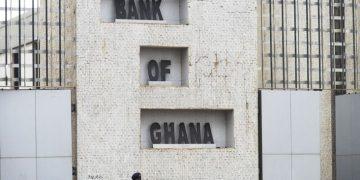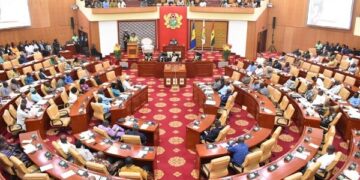Majority Leader Mahama Ayariga has pledged sweeping investigations into major financial scandals, controversial contracts, and alleged abuses under the Akufo-Addo/Bawumia-led New Patriotic Party (NPP) administration.
His remarks, delivered during the resumption of the second meeting of the first session of the 9th Parliament on Tuesday, May 27, signaled a decisive shift toward heightened oversight of public institutions.
Ayariga warned that the greatest threat to Ghana’s democracy is impunity, and cautioned that Parliament risks betraying the public’s trust if it fails to hold accountable those responsible for the “brazen plunder” of national resources. He called for a “relentless pursuit of accountability” in public financial management, vowing to expose the networks of corruption that have drained the nation’s wealth.
Among the top priorities is a full-scale parliamentary investigation into the management of Ghana’s COVID-19 funds. Also back under the spotlight are the controversial Agyapa Royalties agreement and the $190 million PDS power distribution deal—terminated over alleged fraud—which Ayariga slammed as “reckless financial management that cost the nation dearly.”
The Majority Leader further announced that Parliament will examine widespread sole-sourcing practices and politically connected contracts under the previous administration, alleging they allowed a privileged few to enrich themselves at the expense of ordinary Ghanaians.
Ayariga also pointed out the role of Operation Recover All Loot (ORAL), the government initiative focused on retrieving stolen public funds. He revealed that 36 financial cases—including land fraud involving over $702.2 million—are currently under review, with total losses estimated at over $20 billion.
“We will summon ORAL for updates. Ghanaians have a right to know the status of these recoveries,” he stated.
He also raised the matter of the Bank of Ghana’s new headquarters, noting that the cost ballooned from an initial estimate of $81.8 million to $250 million. Ayariga criticized the project as “reckless,” noting that $11.1 million had been spent on furniture, despite the building being incomplete and structurally unsafe.
He emphasized that Parliament would not let public protests go unanswered: “The hardworking citizens of Ghana who took to the streets in protest against such blatant mismanagement of public funds deserve answers. Their sacrifices must not be in vain.”
Ayariga announced plans for regular briefings from the Minister for Justice and Attorney-General, and a tougher line on the Special Prosecutor’s performance. He also disclosed a proposal for U.S.-style Senate hearings to expose systemic corruption and recommend sweeping governance reforms.
“We are resetting Ghana’s governance systems—and doing so with rigor,” Ayariga declared.



















































































